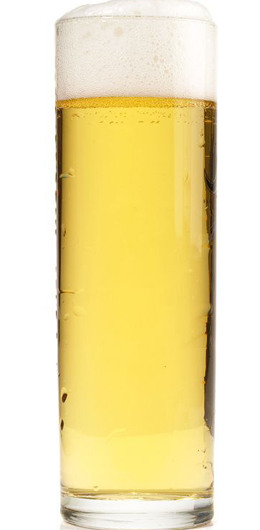How much trustworthy social information do collective expressions of opinions contain?

How trustworthy is the social information on the internet? Do web-based product ratings, for instance, lead to unbiased, reliable and hence useful information? LMU's Petri Niemelä has now carried out a study to answer these questions – with beers.
Visitors to virtually every website on the internet are likely at some point to be asked to express an opinion or preference, and users' opinions are of course one of the main forms of social information in social media and online environments. Anything and everything, from posts to products, is subject to evaluation and ranking. But how much trustworthy social information such collective expressions of opinions contain? What, for instance do product rankings tell consumers about the real value of the goods concerned? Can such ratings be regarded as objective, or are they likely to be distorted by bias, initiated by a desire to hype a particular favorite and amplified by a propensity to follow the herd, i.e., a propensity for later postings to "go with the flow"? To find the answer, Petri Niemelä conducted a study. As his experimental model, he chose a website devoted to the ranking of beers. According to classical criteria, this site should generate useful social information: It draws on opinions posted by members of a large group and is up-to-date, and should therefore be robust and unbiased.
Niemelä, a behavioral ecologist, assembled a dataset made up of 130,000 ratings, which were posted on a Finnish website by just under 500 beer aficionados over the course of several years. His subsequent statistical analysis revealed that about two-thirds of variation in rankings over this period could be attributed to differences in characteristics of the beers – a result which argues for the high information content of the collective assessment, he says.
However, the scores already assigned to each of the beers ranked are accessible to all visitors to the site. This feature could potentially have distorted the overall results, given that new users might tend to choose the winners' side and vote for the current favorite in any given category. In order to assess the possible impact of such conformism, Niemelä and his colleagues drew on data from another beer-rating portal, in which users are given no information on the current scores prior to giving their assessment. For a set of 50 beers, the researchers were able to compare the scores on both portals, and found that the differences in ranking were minimal. "This implies," Niemelä says, "that beer rankings posted on the internet represent a relatively unbiased and useful form of social information."
More information: Petri T. Niemelä et al. Trustworthiness of online beer ratings as a source of social information, Behavioral Ecology and Sociobiology (2016). DOI: 10.1007/s00265-016-2254-4
Journal information: Behavioral Ecology and Sociobiology
Provided by Ludwig Maximilian University of Munich


















